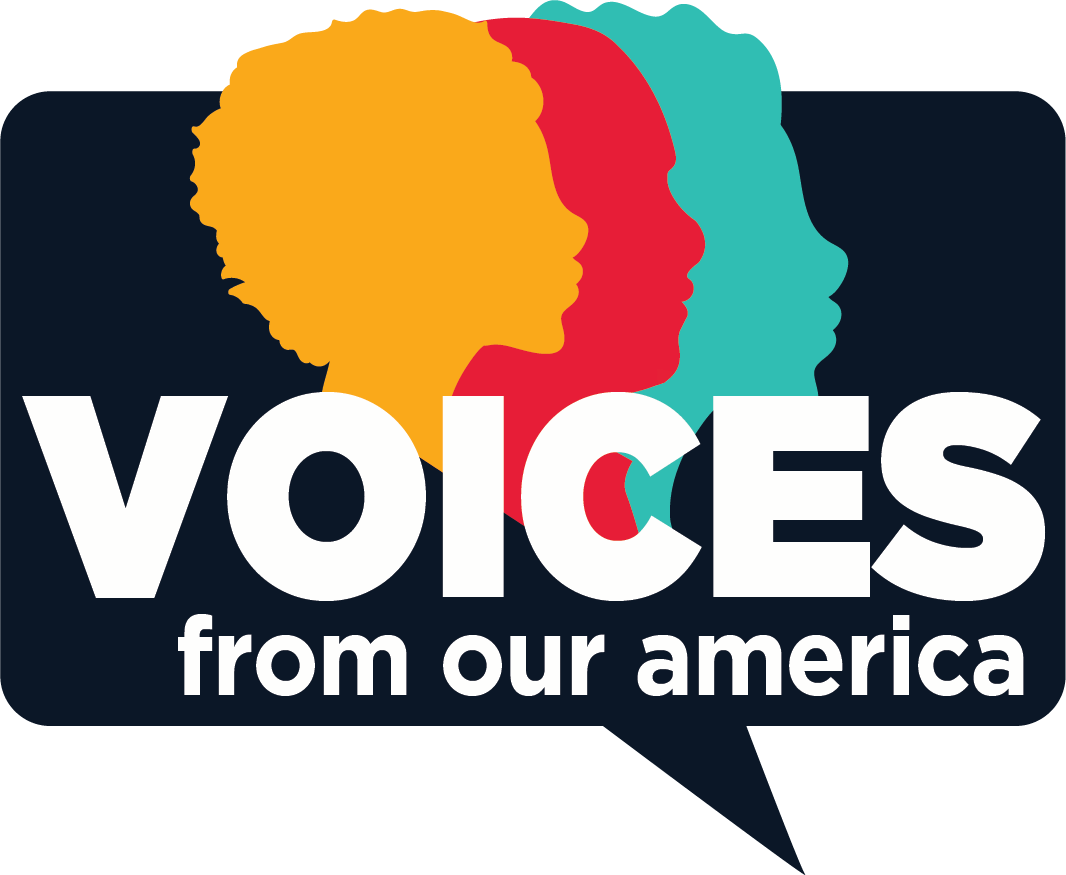VFOA United States
Preservers, Pathbreakers, and Pioneers
In every community, particularly communities without access to sanctioned or official methods of preservation, an individual or individuals will rise to become their community’s preserver and historian, filling the gap of knowledge left by societal neglect or erasure. These individuals might begin by documenting their own families and genealogical histories, but in so doing, come to find themselves holders of the community’s history. Yearbooks, correspondence, newspaper clippings, photographs, court records and archival holdings, all of this material offers insight into individual communities, their microcosmic representation of the human experience at large, and their nuanced understanding of how history operates on the individual level: household to household, school to school, business to business. These individuals might begin their accumulation of materials through their children and their children’s active involvement in school, sports, and church, or they might have been the sole teacher, educating the community’s children from a one-room schoolhouse. They might be a history buff with a love for microfiche, the director of the local funeral parlor, or their congregation’s unofficial record keeper. Regardless of their origin, at VFOA, we call these people “Preservers.” Preservers also encompass the archivists who have been working for many years at state and nonprofit libraries, compiling decades-old collections of materials. In short, these are individuals responsible, whether officially or unofficially, for the preservation and accumulation of their community’s unique history, often one excluded or elided from the mainstream historical record.
Pathbreakers are individuals who have done what some may call ‘disruptive innovation.’ They have created something new in their communities and organizations, and they have done so on their own terms. Pathbreakers, like preservers, operate both inside and outside sanctioned spaces, imprinting their entrepreneurial foresight into the greater community to make room for their voices, the voices of their community, and for the voices of generations to come. Pathbreakers might include individuals starting their own political or cultural institutions like the founders of the original IBW, or they might be artistic entrepreneurs starting their own dance studios and galleries to bring art and performance to the local community.
Finally, pioneers are members of generations that paved the way for greater possibilities for us all. They might be the first in their family to have the opportunity to complete high school, attend college, or to earn their PhD. They might be the first person in their family to own land, or to open their own business. They might be the first person to win an elected seat or to serve as mayor. They might be someone who taught through the integration of schools or opened an early clinic or medical office for the community. These are individuals who succeeded in pioneering change and movement for their communities, often in the face of opposition, discrimination, and hardship.
